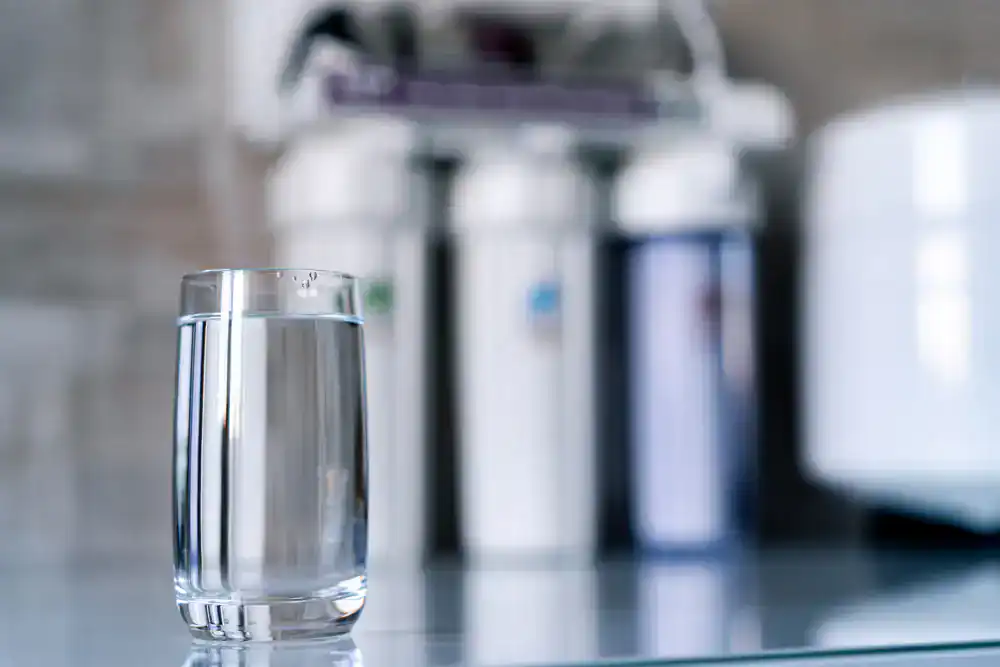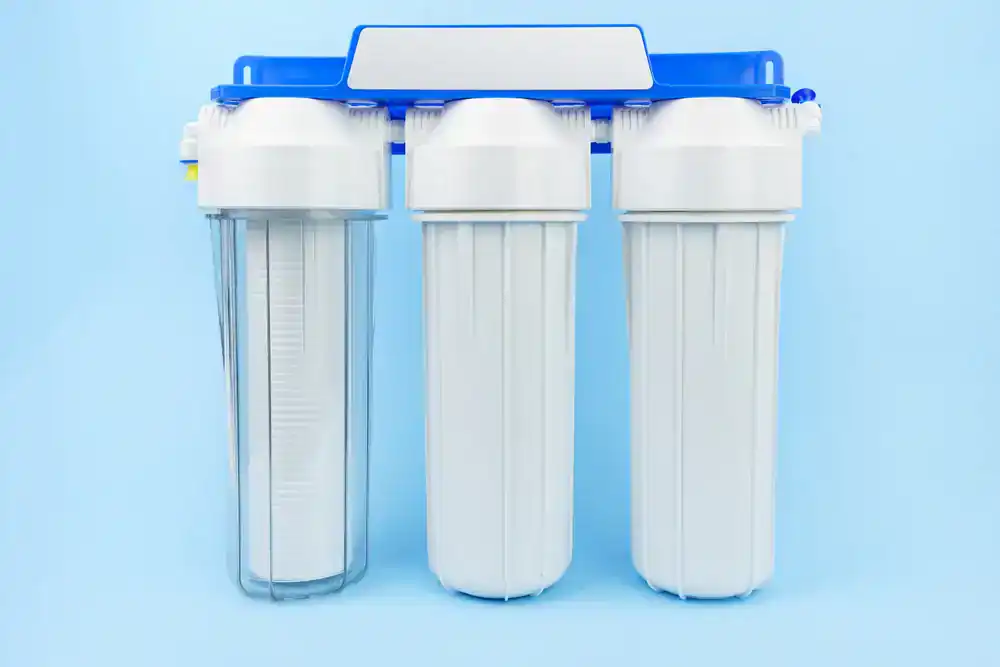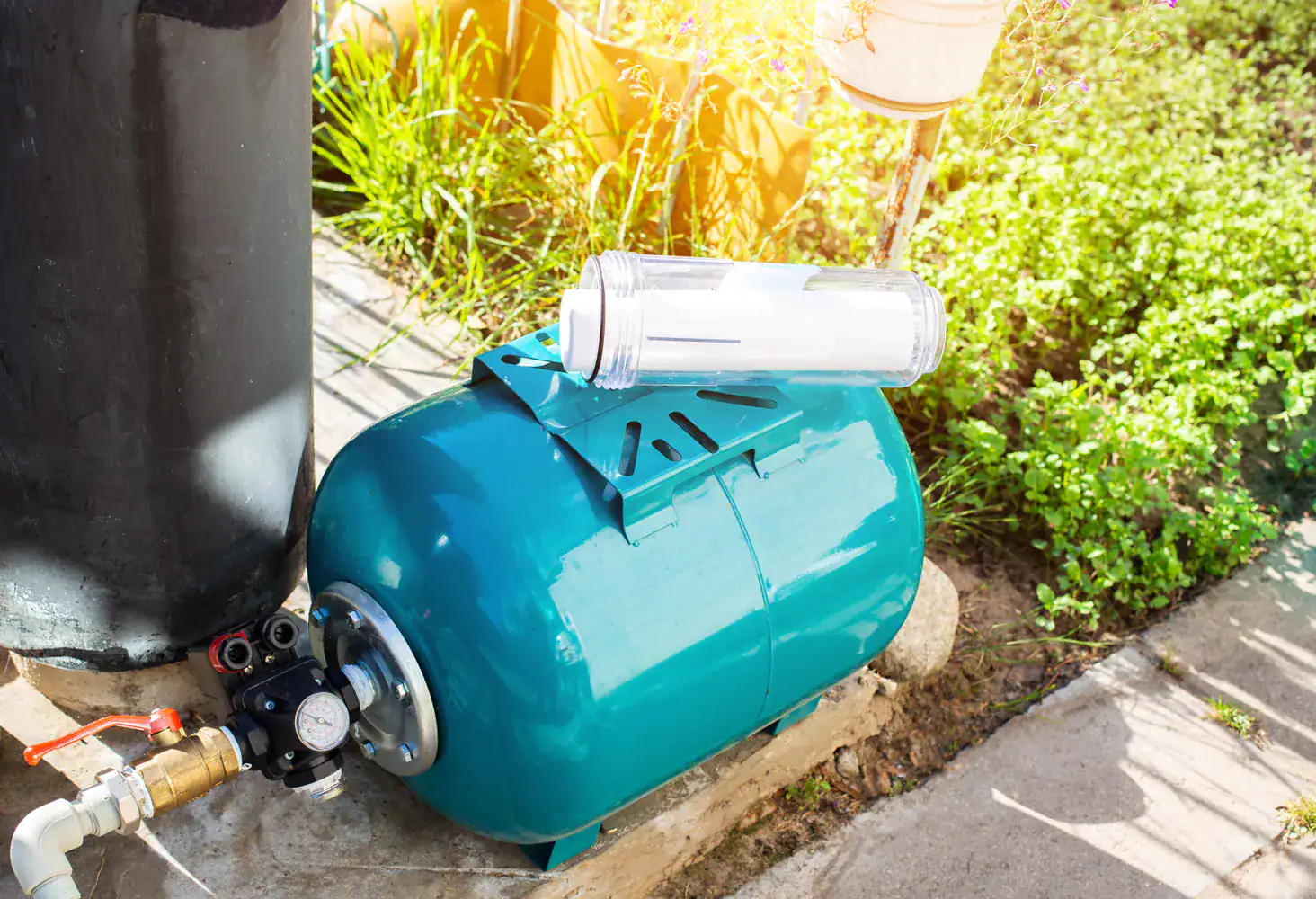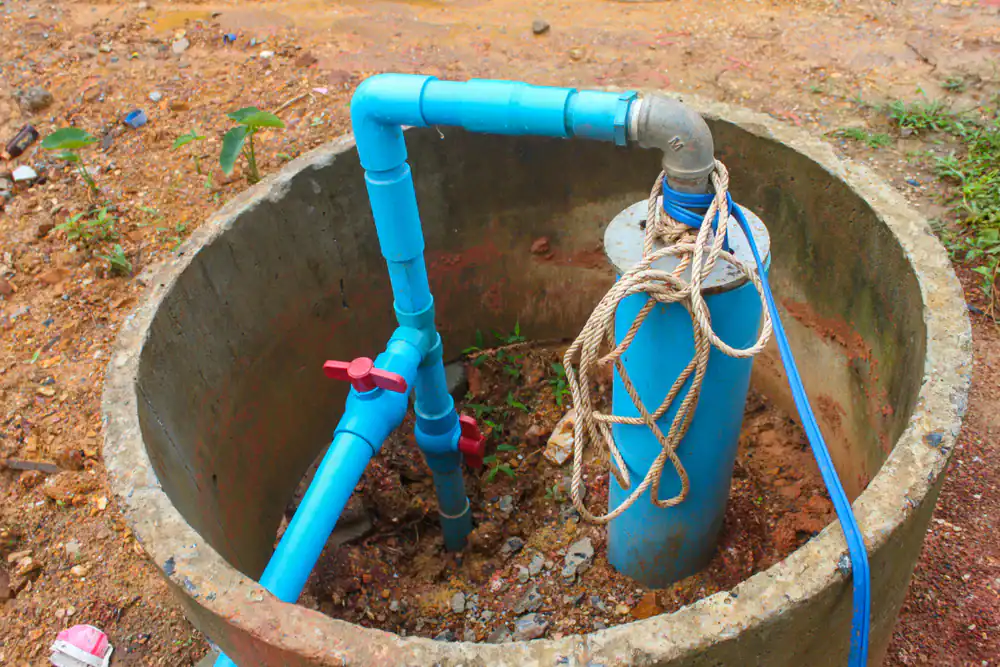Reach Out Today
Please provide your email address so that we can stay in touch and answer any questions you have! We will be reaching back out shortly.
Remove harmful contaminants, eliminate chlorine taste, and protect your family with professional well water filtration systems designed for Clermont homes.

Hear from Our Customers

Your morning coffee actually tastes like coffee, not chlorine. Your skin stops feeling dry and itchy after showers. Your clothes come out of the wash without those rust-colored stains.
You stop buying cases of bottled water because what comes from your tap is cleaner and tastes better. Your appliances last longer without mineral buildup destroying them from the inside out.
Most importantly, you have peace of mind knowing your family isn’t drinking contaminants that federal standards haven’t addressed in nearly two decades. Every glass of water, every meal you cook, every bath your kids take – it’s all protected by filtration that actually works.
Quality Safe Water of Florida LLC has been serving Central Florida families who refuse to compromise on water quality. We hold an A-rating with the Better Business Bureau, maintain a 5-star rating with zero complaints, and are a proud member of the National Water Quality Association.
Unlike national companies that sell systems and disappear, we focus on long-term relationships with Clermont homeowners. We understand that Clermont’s water comes from the Floridan Aquifer through eight city wells, and while the city maintains compliance with federal standards, those standards haven’t been updated in almost 20 years.
We also support military families and first responders with a $500 discount, reflecting our commitment to those who serve the community.

First, we test your water to identify exactly what contaminants you’re dealing with. Clermont water typically contains trihalomethanes from chlorine treatment, potential chromium contamination, and various disinfection byproducts that create taste and odor issues.
Next, we design a whole house filtration system that addresses your specific water problems. This isn’t a one-size-fits-all approach – your system is customized based on what’s actually in your water, not what we assume might be there.
Installation happens at your main water line, so every faucet, shower, and appliance in your home gets filtered water. We handle all the plumbing connections, ensure proper water pressure, and test the system thoroughly before we leave. You’ll notice the difference immediately – better taste, no chlorine smell, and cleaner water throughout your entire home.

Ready to get started?
Your whole house water filtration system includes multi-stage protection with sediment pre-filters and carbon filters working together to remove different types of contaminants. The system is designed to handle Clermont’s specific water challenges, including chlorine removal, sediment filtration, and protection against harmful disinfection byproducts.
Professional installation ensures your system meets Florida plumbing codes and maintains proper water pressure throughout your home. Many Clermont homeowners are surprised to learn that their municipal water, while technically compliant with federal standards, still contains contaminants that can affect taste, smell, and long-term health.
The system comes with manufacturer warranties and ongoing support. Filter replacement is straightforward, and with proper maintenance, your system will provide clean water for years. For Clermont residents on well water, additional protection against bacteria, iron, and sulfur contamination is available depending on your specific water test results.

Please provide your email address so that we can stay in touch and answer any questions you have! We will be reaching back out shortly.
"*" indicates required fields
